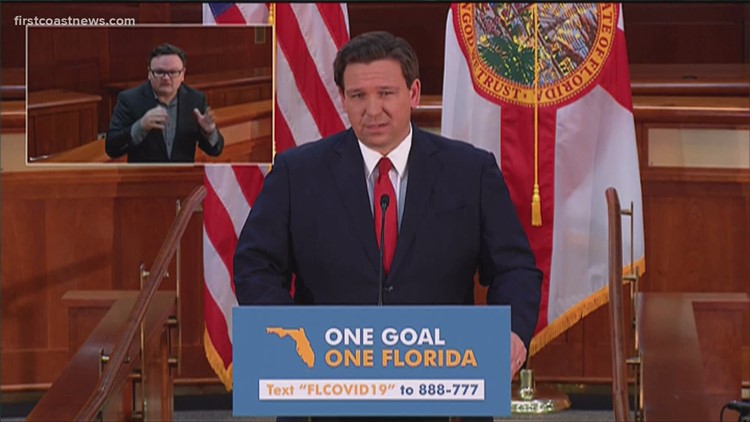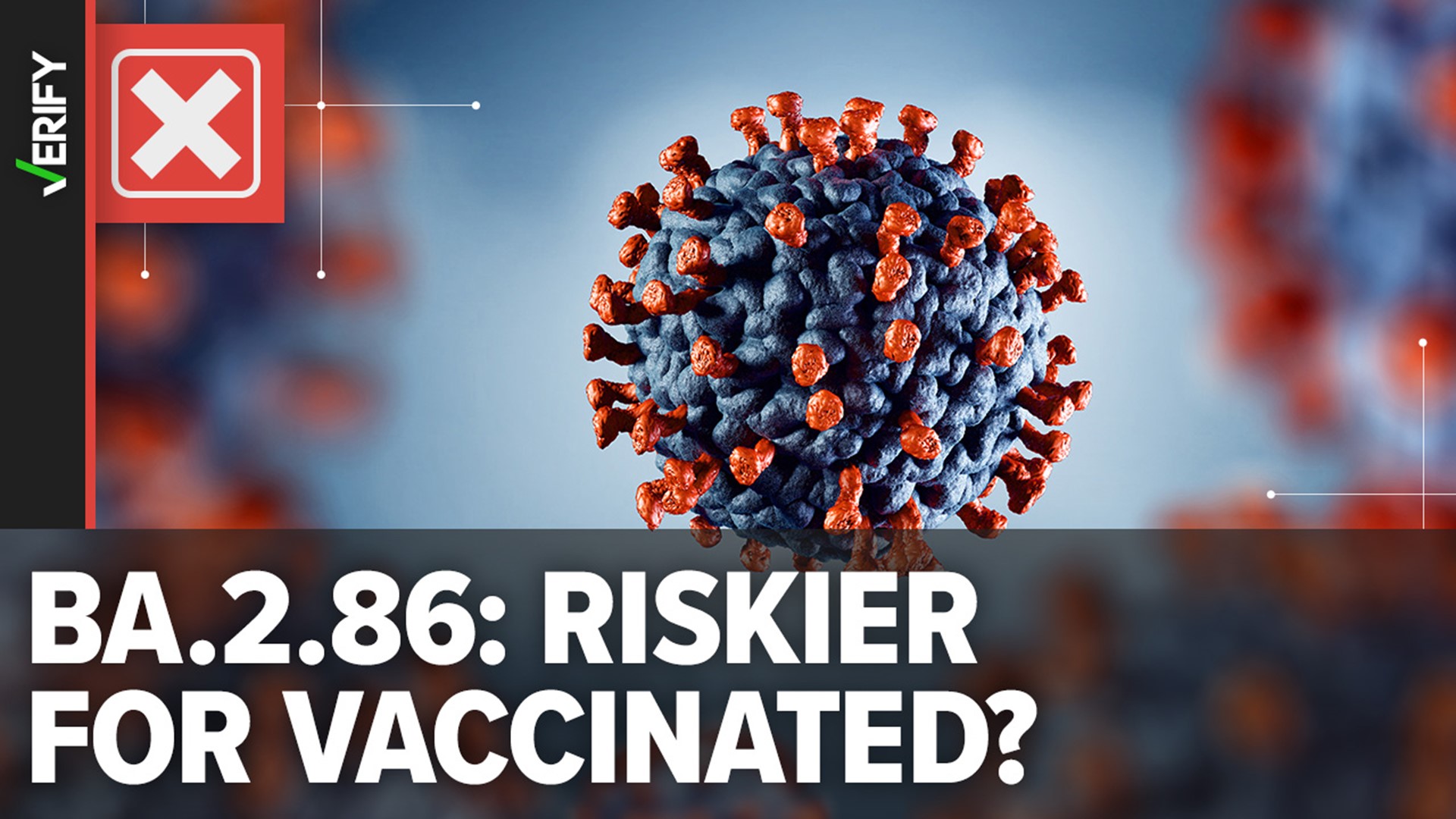TALLAHASSEE, Fla. — Florida Gov. Ron DeSantis is encouraging Floridians with COVID-19 antibodies to donate convalescent plasma, with the message that it saves lives.
That was the message sent by the governor during a roundtable discussion on the COVID-19 pandemic Thursday at the state capitol. DeSantis was joined by a family comprised of a mother who received plasma from her son-in-law, which saved her life.
Gail Murray, a leukemia patient, was admitted to a Northwest Florida hospital around Easter and became very ill, very quickly.
"I was so sick that I knew and had pretty much prepared in my mind that that was the way I was going to go," Murray said, "not being with my family, not being able to see any of them."
But after receiving plasma from her son-in-law, Steve, she recovered and was released from the hospital within four days.
"I know that I would not have made it had I not received the plasma from Steve," Murray said. "When they gave me the news that they were working with my daughter, it was so much hope and hope is so important in life."
Murray said the donation was absolutely life-changing.
"In just a few days i went from thinking I was going to die to literally thinking 'Why am I in here? I'm ready to go home now,'" Murray said.
She asked everyone with antibodies to please donate, because it saves lives.
DeSantis said a lot of people are donating in Florida, and that there is a wide pool of potential donors, according to the state's antibody testing data. The state is averaging 1,000 tests per day, with at least 20% of those testing for antibodies testing positive.
That percentage is not necessarily scientifically representative of the state, DeSantis said, but clearly there has been an increase in the prevalence of antibodies as the percent positive of diagnoses starts declining.
"All those folks who have the antibodies have the opportunity to help those with the disease," DeSantis said. "You can do that by donating blood."
DeSantis said Murray's experience with receiving convalescent plasma gives people hope if they're in a similar situation.
Murray's daughter, Terry, said she and her siblings had come to terms that their mother may not survive. But, her oncologist suggested convalescent plasma as a course of treatment. And Steve's O-negative blood type was a match.
"I was excited to do it," Steve said. "Given the chance to do it again, I'll do it as many times as I can."
The discussion comes one day after the Florida Department of Health reported 8,183 new cases in one day, which the department says was due to a backlog of testing data being processed from a Miami lab, with 4,000 cases dating back to June 23. Though the new cases were not reported by the state until Wednesday, they actually occurred over the last seven weeks, DOH said.
DOH said that jump "severely skews" Wednesday's report, and does not reflect current trends.
Wednesday, DeSantis addressed the backlog in reporting, saying "we will elevate facts over fear" when it comes to addressing the new numbers.
"I would offer some caution to decision-makers to understand the value, but also the limitations to some of the data that gets published," DeSantis said. "For the past few weeks, Florida has seen sustained declines in new cases, visits to the emergency department with COVID-like illness and the number of COVID-positive patients who are currently hospitalized. We're not yet where we need to be, but we are encouraged by the trends. Yet today, we all of a sudden saw a massive increase in new cases in Miami-Dade County, which had seen steady improvement for the last two weeks."
DeSantis emphasized the updated numbers did not reflect a sudden surge in new cases, but a "data dump" of "stale tests" that obscured the actual trends in the numbers of new cases.



